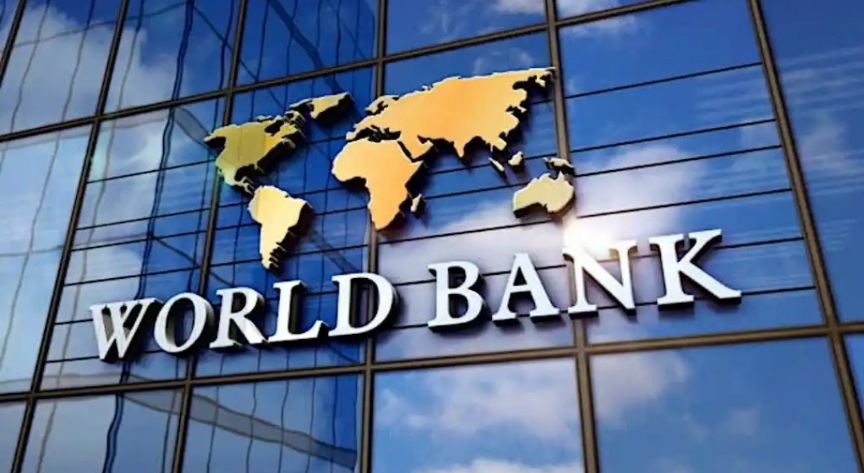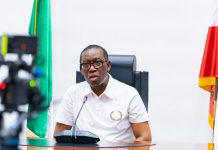Shubham Chaudhuri, Country Director, World Bank, Nigeria Office, has beckoned on President Bola Ahmed Tinubu not to backtrack on his reform policies, particularly the petrol subsidy removal.
While advising that the President on Thursday, to keep the prices deregulated, the World Bank chief argued that the fuel subsidies had become unsustainable.
According to Chaudhuri, what is needed is the robust and accountable implementation of relief measures ranging from cash transfers to the provision of buses for mass transit, school feeding, and helping farmers to improve food production.
He explained that the nation was at risk of having 7.1 million more Nigerians pushed into poverty by inflation in the absence of any compensation from the government.
Chaudhuri made the submission as lead speaker at a symposium on “Economic Opportunity Pathways to Navigating Post Reform Challenges in Nigeria,” organised by the Department of Agricultural Economics, University of Ibadan and the Nigeria Institute of Social and Economic Research (NISER), held at Trenchard hall of the University.
He held that the ‘very costly’ subsidy had to go as it primarily benefited richer households and neighbouring countries that the commodity was leaked to, while the nation suffered increasingly unsustainable debt dynamics.
Expressing the World Bank’s support for the ‘bold’ move of Tinubu on subsidy removal, Chaudhuri said the steps that should be taken within the next six months should be providing relief measures for the low-income, near poor, poor especially the urban poor Nigerians.
While noting the outcry that greeted the Federal Government’s plan to transfer N8,000 to select households, Chaudhuri argued that such cash transfers did not just take care of consumption but also help in preventing children from dropping out of school, skipping meals as well as helping households cope in ways that preserve their investments in future.
READ ALSO: Fuel Subsidy Removal: FG Okays N5bn As Palliative For Each State, FCT
“I think the bold measure that President Bola Tinubu took was the right thing, but there is a lot more needs to be done. The immediate thing is relief measures, and we need to learn more details about how that will play out.
“Certainly, relief is needed. Cash transfers, a whole variety of other palliative measures. The key will be to deliver them, and make sure they reach communities and towns.
“It is really about making the best possible use of the revenue that will now flow to the federation account and even in a way that makes sure that ordinary people can get some relief because it has been hard with the prices.
“There can be a package of things like cash transfers, help with mass transit, school feeding, and help for farmers rolled out as quickly as possible in a way that the people can see and feel that there is accountability.
“Then sustain the PMS subsidy removal and keep prices deregulated, foster fair competition, and curb any commercial malpractice so that efficiency gains are passed onto consumers.
“Nigeria can deliver a cash transfer to poor and vulnerable households as one element of a broader social compact.
”Using a robust targeting method and transparency based on digital payments
“Even what may seem like a modest cash transfer (e.g., NGN 5,000 per month or NGN 8,000 per month for six months) can make a real difference for families that are surviving on N8,000 per month or less (between 60-70 percent of Nigerians).
“Inflation pushed an estimated 4 million more Nigerians into poverty in the first 5 months of 2023.
“7.1 million additional Nigerians would be pushed into poverty by inflation in the absence of any compensation.
“Invest in a social protection system that can provide timely, targeted and temporary support to households experiencing a shock (like the increase in PMS prices due to subsidy removal). “Currently, Nigeria spends only 0.7 percent of GDP on social safety nets and 19 percent of the population covered,” the Country Director detailed.





